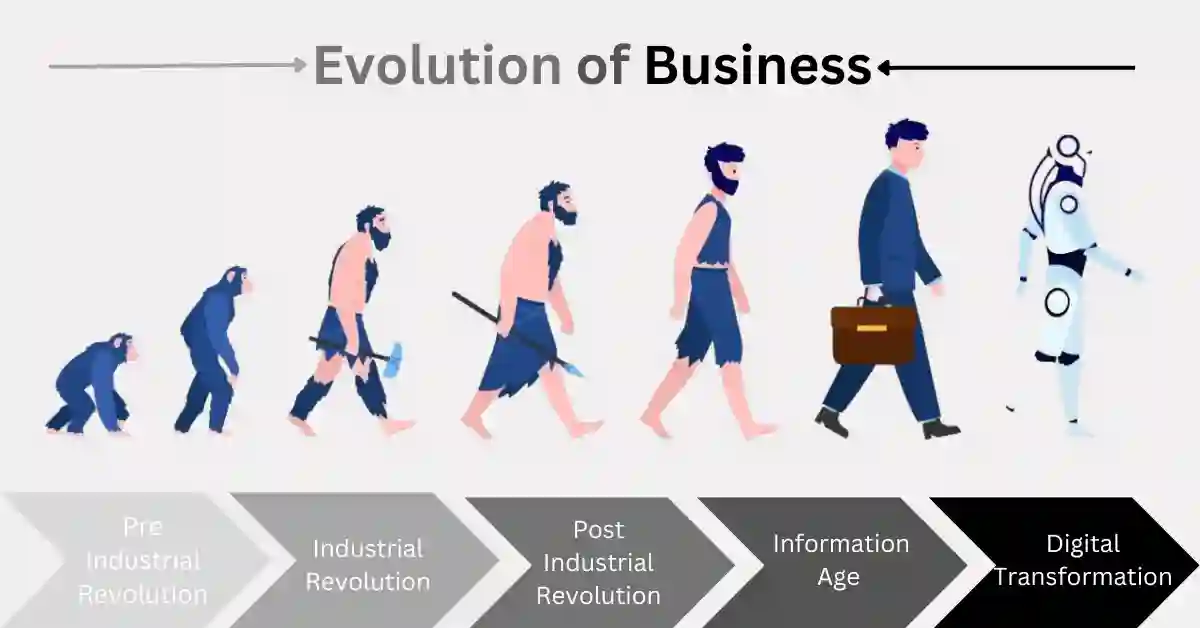In the fast-paced and dynamic landscape of modern business, consultants play a crucial role in guiding organizations through challenges and helping them capitalize on opportunities. However, the role of a consultant is not static; it is constantly evolving to align with the ever-changing business trends. To thrive in this dynamic environment, consultants must not only be knowledgeable about current trends but also be adept at adapting their approaches to meet the evolving needs of their clients.
One significant trend shaping the consulting industry is the increasing reliance on technology. As businesses embrace digital transformation, consultants are required to stay abreast of technological advancements and incorporate them into their strategies. Cloud computing, artificial intelligence, and data analytics are no longer buzzwords but essential components of business operations. Consultants must possess a deep understanding of these technologies to provide valuable insights to their clients and help them navigate the complexities of the digital landscape.
The rise of remote work is another trend that has reshaped the consulting landscape. The COVID-19 pandemic accelerated the adoption of remote work, and many businesses have continued with flexible work arrangements even as restrictions eased. This shift has implications for consultants who now need to adapt their communication and collaboration methods. Virtual meetings, collaborative online tools, and digital project management have become integral to the consulting process. Building and maintaining relationships with clients in a virtual environment requires a different set of skills, emphasizing effective communication and leveraging technology to bridge the distance.
Furthermore, sustainability and social responsibility have become central considerations for businesses. As companies recognize the importance of environmental and social impact, consultants must incorporate sustainable practices into their recommendations. This includes advising on eco-friendly business operations, promoting diversity and inclusion, and ensuring ethical supply chain practices. Consultants are increasingly being viewed as partners in creating a positive societal impact, and those who can integrate sustainability into their strategies will be well-positioned in the evolving consulting landscape.
The gig economy and the rise of independent consultants are also influencing the way consulting services are delivered. Traditional consulting firms are facing competition from a growing pool of freelancers and independent experts who offer specialized skills on a project basis. This shift challenges consultants to build their personal brands, stay relevant in their niche, and continuously update their skills. The ability to navigate the gig economy and collaborate with diverse teams of specialists is becoming a valuable skill for consultants aiming to succeed in this new era of flexibility and independence.
Moreover, a focus on data-driven decision-making is transforming how consultants approach problem-solving. The abundance of data available to businesses can be leveraged to gain insights into market trends, customer behavior, and operational efficiency. Consultants need to be proficient in data analysis and interpretation to provide actionable recommendations based on evidence. Data-driven consulting not only enhances the quality of advice but also enables consultants to measure the impact of their strategies more effectively.
In addition to technical skills, soft skills such as adaptability, emotional intelligence, and cultural competence are gaining prominence. The ability to navigate diverse cultures and work with teams from different backgrounds is critical in a globalized business environment. Consultants must be culturally aware and able to tailor their approaches to suit the unique contexts of their clients. Emotional intelligence is essential for building strong client relationships, understanding client needs, and navigating complex organizational dynamics.
In conclusion
The role of a consultant is continually evolving in response to the dynamic nature of the business landscape. Staying ahead in the consulting industry requires a commitment to lifelong learning, a deep understanding of current business trends, and the flexibility to adapt to new challenges. As technology, remote work, sustainability, and data-driven decision-making become integral to business operations, consultants who embrace these trends and incorporate them into their skill set will be well-equipped to provide valuable guidance to their clients in the ever-changing world of business.


